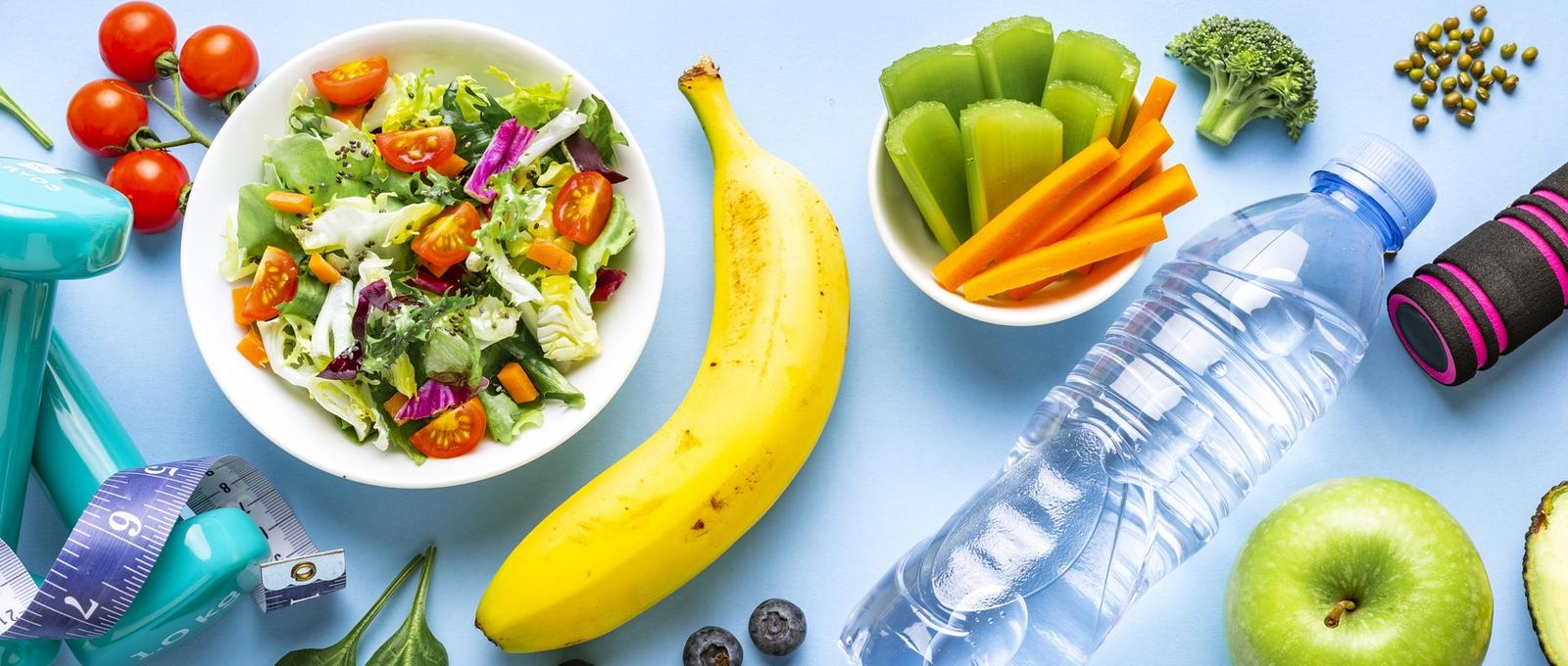
Water retention causes, symptoms, and treatments
Peer reviewed by Dr Sarah Jarvis MBE, FRCGPLast updated by Gillian HarveyLast updated 30 Apr 2019
Meets Patient’s editorial guidelines
- DownloadDownload
- Share
- Language
- Discussion
You've probably read that the human body contains around 70% water, and we all know that drinking enough of the good stuff is great for our health. But if your body is retaining excess water or fluid, it can result in uncomfortable symptoms and may be a sign of an underlying medical condition.
In this article:
Water retention or fluid retention (oedema) occurs when excess fluid builds up within the body. This can cause swelling, which often occurs in the feet, ankles and legs. You might also notice swelling in the hands - perhaps meaning that rings no longer fit. Other symptoms include weight gain and a slight 'denting' on the flesh when pressure is applied.
Whilst uncomfortable, water retention is not necessarily a sign of anything serious - causes include inactivity and poor diet and the normal hormonal changes that occur before a monthly period.
However, sometimes water retention can be a sign of a more significant illness, particularly if it's severe or comes on very suddenly.
Continue reading below
Water retention symptoms
Other conditions may sometimes be mistaken for fluid retention or water retention. These include lymphoedema and lipoedema. Lymphoedema is caused by abnormal lymphatic drainage, and can run in families. It's also often seen in one limb after cancer surgery (where lymph nodes have been removed) or radiotherapy for cancer. Lipoedema is a an abnormal build-up of fat cells and mainly affects women. Unlike fluid retention and lymphoedema, lipoedema doesn't result in a dent in the skin when you press your finger into the flesh.
Occasionally swelling in the lower limbs may be caused by a complication of varicose veins. These veins can sometimes cause changes in small blood vessels, leading to inflammation and swelling. If you suffer from varicose veins and begin to experience swelling, it's best to visit your GP who can determine the cause.
Another condition that may sometimes be mistaken for water retention is angio-oedema. However, in this condition, swelling is most likely to occur in the eyelids, around the mouth, in the genitals or on the hands and feet. Often this occurs as a result of an autoimmune condition such as lupus, or an allergic reaction, but in many cases no cause is ever found.
Finally, lower leg swelling can be a symptom of deep vein thrombosis (DVT). Risk factors for DVT include prolonged immobility, pregnancy, cancer or heart failure. If swelling is localised in one area, accompanied by pain and tenderness, or your calf becomes red and feels warmer than usual, it's important to see your doctor or seek medical advice.
So what's causing my water retention?
Back to contentsIf you are suffering from water retention, there could be a number of factors at play.
Poor diet
One of the main causes of water retention is poor diet - both excess sodium levels and excess sugar can lead to water retention.
"Eating too much salt can cause water retention because your body needs to hold on to water to dilute it," explains GP and weight loss adviser Dr Julie Coffey.
Excess insulin
"In addition, water retention can be caused by excess insulin in the system, which can cause salt and water to build up in the kidneys."
This may be a sign of type 2 diabetes, but can also occur as a result of poor diet.
"Eating too much sugar or refined carbohydrates can lead to excess insulin in the system, but it's also important to look at the period of time during which we consume our food," Coffey reveals.
"Many people consume food and snacks over an extended period - over 12 hours in a 24-hour day - which can mean your system is releasing insulin nearly the whole time. It's a good idea to keep your eating at least within a 12-hour window to give your system a break."
Lack of movement
A sedentary lifestyle can also play a part.
"When we move, the muscles in our legs pump the fluid back to our heart; and if that's not happening it can be a contributing factor," explains Coffey.
Simply doing some gentle exercise can be effective in reducing fluid build-up in some areas.
Being overweight
Excess weight can also cause water retention, according to Coffey.
"Being overweight can affect your circulation, as excess body fat may put pressure on your veins."
Pregnancy
Pregnancy may also lead to the symptoms of water retention, particularly in the feet and ankles. Usually, this swelling comes on gradually and is a normal side-effect of being pregnant, as the body relaxes to accommodate the baby.
However, if swelling comes on quickly, is accompanied by headaches or vomiting or you feel generally unwell, see your GP as this may be a sign of pre-eclampsia.
Medication
Water retention within the body may also be caused by certain medications - in particular:
Medications used to lower blood pressure.
Pioglitazone used to treat type 2 diabetes.
If you are concerned, check the listed side-effects on any medication you take, and speak with your GP about options.
Underlying medical problems
Less frequently, water retention may be caused by heart problems, including heart failure, which is more commonly seen in middle-aged and older people. Rarely, fluid retention or water retention may be a sign of problems with the liver or kidneys.
Continue reading below
When should I see my GP for water retention?
Back to contentsIf your water retention has come on suddenly, or if you have one-sided swelling, or you have other symptoms that are causing you concern, it's important to see your GP, particularly if you're over 40 or pregnant.
"However, if you're a bit younger and you're not particularly worried about your health, but know your lifestyle isn't ideal, it's worth looking at other factors first," advises Coffey.
Reducing your intake of salt and sugar and stepping up the exercise should also help to keep the problem at bay.
Patient picks for Swelling

Signs and symptoms
Natural remedies to help prevent water retention
Water retention can happen for several reasons. Though some people are more susceptible to it, anyone can experience this condition - no matter your age or gender. We examine the common signs of water retention, its causes, and ways to help prevent it.
by Victoria Raw

Signs and symptoms
What your swollen glands could mean
Oh how I remember the joy of swollen glands. "Me glands are up again, Mum", I would proudly announce. I would wake up in the morning, and straightaway could feel that familiar tenderness on both sides just below my jawline. Prodding my neck, there they were - tender little pea-sized lumps. It meant at least three days off school, a whole week if I could produce a convincing enough performance. Eventually an ear, nose and throat specialist became involved, and I had to cast aside my boyish glands, along with the tonsils that had caused them. My duvet days (or in those times, candlewick bedspread days), were over.
by Dr Laurence Knott
Continue reading below
Article history
The information on this page is peer reviewed by qualified clinicians.
30 Apr 2019 | Latest version

Ask, share, connect.
Browse discussions, ask questions, and share experiences across hundreds of health topics.

Feeling unwell?
Assess your symptoms online for free
Sign up to the Patient newsletter
Your weekly dose of clear, trustworthy health advice - written to help you feel informed, confident and in control.
By subscribing you accept our Privacy Policy. You can unsubscribe at any time. We never sell your data.